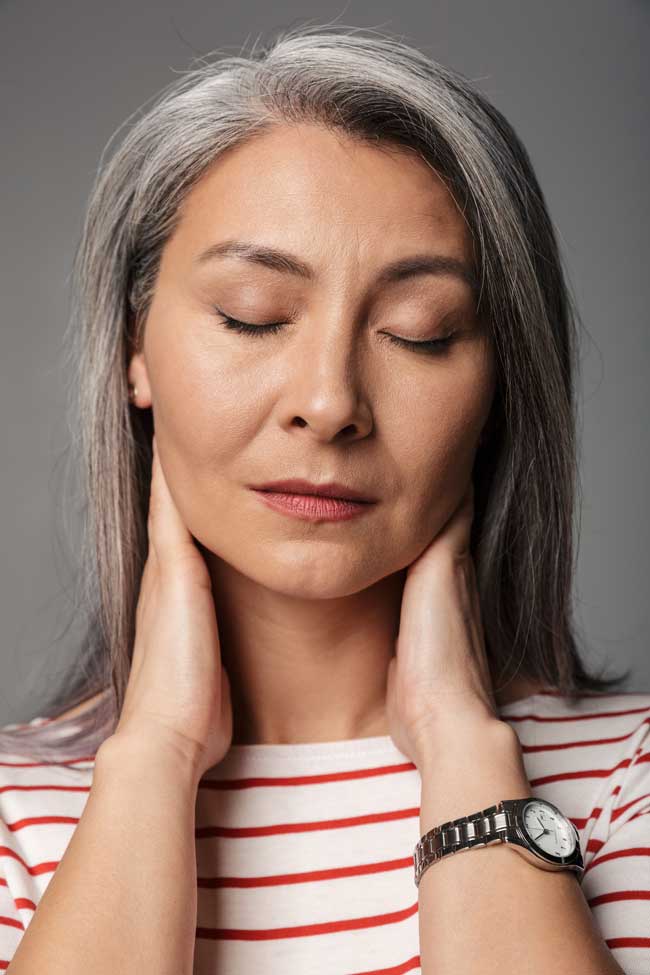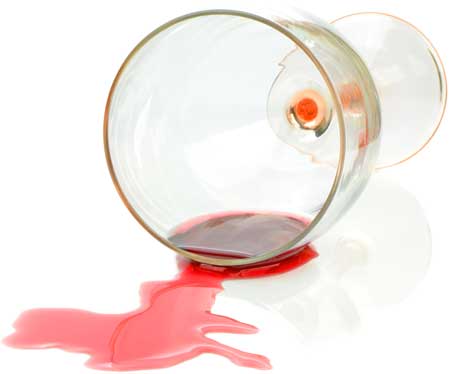Tolerating alcohol becomes harder in middle-age.
The UK Telegraph recently asked, “Why does tolerating alcohol become so much harder when we’re middle-aged?” To answer that, we thought we’d first examine middle-age itself. What is this mysterious phase of our existence, when the bloom of youth has faded and our bodies begin to warn us that we’re not immortal?
Britannica tells us that humans go through middle-age between the ages of 40 and 60. We’re still “relatively” youthful compared to those who’ve crossed the invisible threshold into the senior phase. However, middle-age isn’t “young” anymore. For some, it is a time of rejuvenation and exploration; for others, it’s a time of remorse or resentment. For all, it’s a period of transition, changes, and acceptance during which many people experience a midlife crisis.

Drinking Again During Midlife.
Many middle-aged persons spent their younger years drinking or partying, but then perhaps cut down after they reached a certain period. Perhaps graduating from college or getting married and having kids was the catalyst. Whatever the reason, midlife angst might stir up fond memories of good times, making them long for a return to those feelings. This can manifest as an urge to go out more or to drink more at home.
The return to drinking can lead to unintended consequences, including arguments, relationship problems, and addiction. People might want to relive their youth, but the circumstances have totally changed, which can cause frustration that gets taken out on others. This in turn can easily lead to more drinking as a way to escape feelings of guilt now tied to the frustration that is still there. In contrast, sometimes middle-aged people turn to binge drinking simply to escape boredom or unhappiness, resulting in equally dire consequences. Case in point — as noted by Dr. Connie Newman of the New York University School of Medicine, a study found that “women, ages 55-64, posted the highest increases in frequency of visits to the emergency department for acute alcohol consumption.”
Keeping the Party Going.

All of these bodily issues are already affected naturally by the aging process. While drinking doesn’t “speed up” aging, per se, it can exacerbate those naturally-occurring issues. By the time an alcoholic reaches middle-age, their body can seem worn down, making them feel older than they actually are. Meanwhile, if they weren’t addicted in their younger days, by middle-age the odds are substantially increased that they’ve developed an addiction requiring help to break.
The fact is, alcohol is a substance our bodies were never designed to process, and as we get older our bodies are more affected from it. None of us are getting any younger, so if you suspect a problem, check out NIAAA’s Rethinking Drinking questionnaire to find out if you’re experiencing symptoms of alcohol use disorder.
If you or someone you care about, has an ongoing history of alcohol or substance use and/or relapse, contact Gulf Breeze Recovery or call: 833.551.2356 to speak to an addiction expert to learn more about their residential program, out-patient program, and intensive out-patient program, and which of these can best fit your individual needs. These programs have helped many people overcome their addiction and embrace their new happy, healthy, substance-free lifestyle.
We help people not just to survive, but to THRIVE!
Tolerating alcohol becomes harder in middle-age.
The UK Telegraph recently asked, “Why does tolerating alcohol become so much harder when we’re middle-aged?” To answer that, we thought we’d first examine middle-age itself. What is this mysterious phase of our existence, when the bloom of youth has faded and our bodies begin to warn us that we’re not immortal?
Britannica tells us that humans go through middle-age between the ages of 40 and 60. We’re still “relatively” youthful compared to those who’ve crossed the invisible threshold into the senior phase. However, middle-age isn’t “young” anymore. For some, it is a time of rejuvenation and exploration; for others, it’s a time of remorse or resentment. For all, it’s a period of transition, changes, and acceptance during which many people experience a midlife crisis.

Drinking Again During Midlife.
Many middle-aged persons spent their younger years drinking or partying, but then perhaps cut down after they reached a certain period. Perhaps graduating from college or getting married and having kids was the catalyst. Whatever the reason, midlife angst might stir up fond memories of good times, making them long for a return to those feelings. This can manifest as an urge to go out more or to drink more at home.
The return to drinking can lead to unintended consequences, including arguments, relationship problems, and addiction. People might want to relive their youth, but the circumstances have totally changed, which can cause frustration that gets taken out on others. This in turn can easily lead to more drinking as a way to escape feelings of guilt now tied to the frustration that is still there. In contrast, sometimes middle-aged people turn to binge drinking simply to escape boredom or unhappiness, resulting in equally dire consequences. Case in point — as noted by Dr. Connie Newman of the New York University School of Medicine, a study found that “women, ages 55-64, posted the highest increases in frequency of visits to the emergency department for acute alcohol consumption.”
Keeping the Party Going.

All of these bodily issues are already affected naturally by the aging process. While drinking doesn’t “speed up” aging, per se, it can exacerbate those naturally-occurring issues. By the time an alcoholic reaches middle-age, their body can seem worn down, making them feel older than they actually are. Meanwhile, if they weren’t addicted in their younger days, by middle-age the odds are substantially increased that they’ve developed an addiction requiring help to break.
The fact is, alcohol is a substance our bodies were never designed to process, and as we get older our bodies are more affected from it. None of us are getting any younger, so if you suspect a problem, check out NIAAA’s Rethinking Drinking questionnaire to find out if you’re experiencing symptoms of alcohol use disorder.
If you or someone you care about, has an ongoing history of alcohol or substance use and/or relapse, contact Gulf Breeze Recovery or call: 833.551.2356 to speak to an addiction expert to learn more about their residential program, out-patient program, and intensive out-patient program, and which of these can best fit your individual needs. These programs have helped many people overcome their addiction and embrace their new happy, healthy, substance-free lifestyle.
We help people not just to survive, but to THRIVE!
About Gulf Breeze Recovery:
Gulf Breeze Recovery, unlike other treatment centers in Florida, is a non 12 step holistic drug and alcohol rehab that is changing the future of addiction treatment with their THRIVE® (Total Health Recovery) program focused on overcoming chronic relapse.
Gulf Breeze Recovery’s THRIVE® program is a non 12-step approach designed for those who are looking for a drug and alcohol treatment program to produce a different and positive result.
This non-12 step program allows you to drive beyond your addictions and promotes a new outlook on life.
We are licensed by the Florida Department of Children and Families, and our last audit scored 99.7! Also, we are gold certified by the Joint Commission.
Want to read more about Gulf Breeze Recovery’s non 12 step, holistic drug and alcohol rehab? Check out some of our latest posts:
Researchers Identify Role of Key Brain Signaling Protein in Alcohol Use Disorder
January 29, 2021
College Students Who Returned Home Due to Pandemic Drinking Less
January 29, 2021
Overdose Deaths Soar in the Midst of a Pandemic
January 27, 2021
Alcoholism Today in Seniors and Younger Generations
January 20, 2021
End Chronic Relapse and Start a New Life!
At Gulf Breeze Recovery we don’t want you to have just a great recovery, we want you to have a great life!









